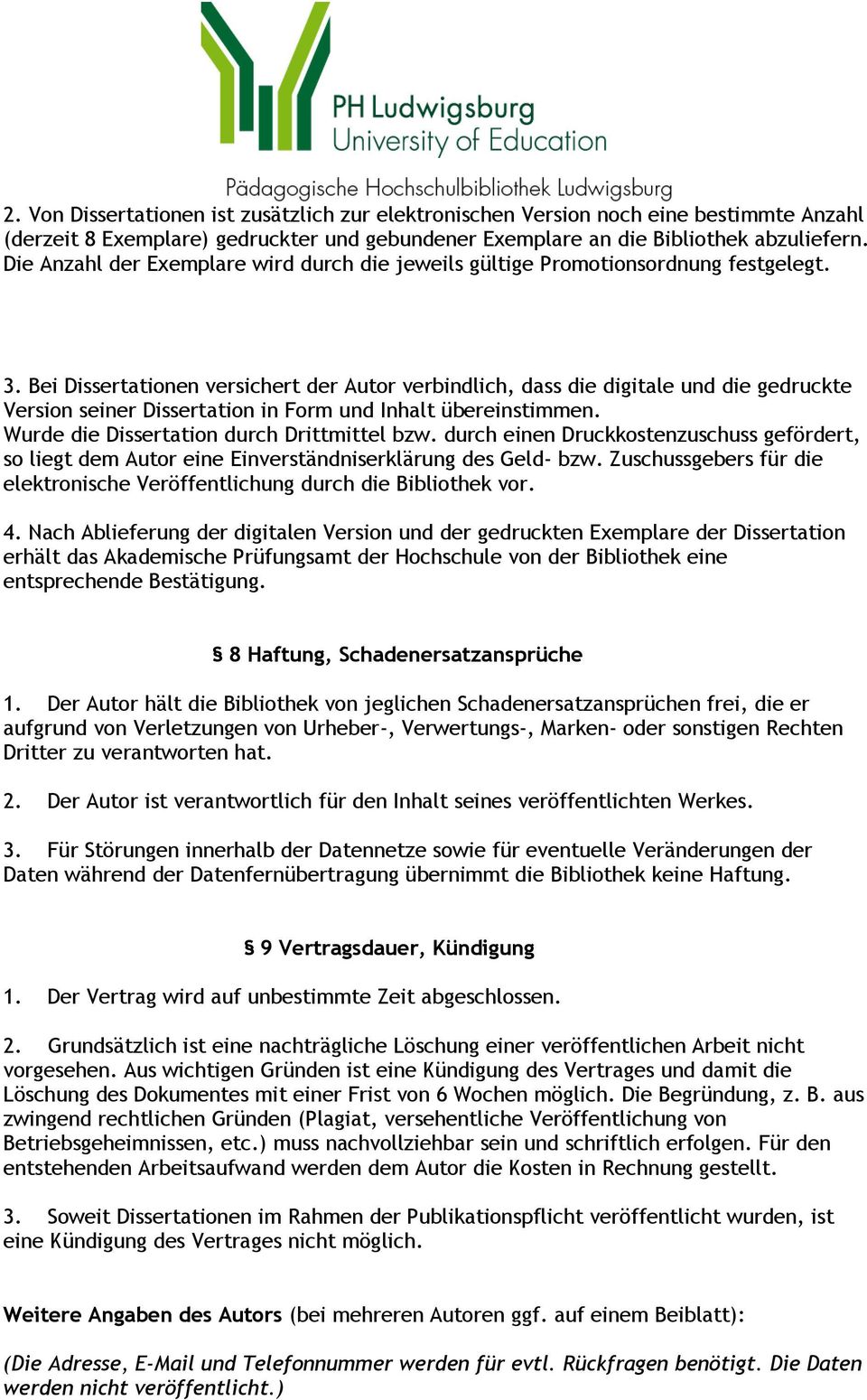Parliamentary Sovereignty and Jackson v. Attorney General.
Having Regard To Legal, Including The Articles Referred To Below, Critically Analyse The Impact Of R (On The Application Of Jackson) V Attorney General (2005) Ukhl 56 On Parliamentary Supremacy In English Law Today. Jackson v Attorney General is a case of major constitutional significance.
Cases on the foundations of a constitutional order, such as parliamentary sovereignty, tend to be rare in any event. But what makes R (Jackson) v. Attorney General (2005) U.K.HL. 56; (2006) 1 A.C. 262 a significant case, is the dicta regarding constitutional issues mentioned by the judges in.
EWCA Civ 126, (2005) QB 579. On the appellants’ behalf Sir Sydney Kentridge QC repeats detailed arguments advanced in the courts below. Lord Goldsmith QC, the Attorney General, resists those arguments. The League Against Cruel Sports make written submissions in support of the Attorney General. The Hunting Act 3.

R (Jackson) v Attorney General (2005) Facts. The applicant claimed that the Hunting Act 2004 was made unlawfully as it was not passed by the House of Lords. He claimed that the Parliament Act 1949 was unlawfully passed (also without the Lords’ approval) to allow Bills to the automatically passed after 1 year of no approval by the House of Lords.

Good cause and effect essay poetry about taleem e niswan essay jfk research paper thesis statements the end of nature versus nurture essays piirtola dissertations what i want to be when i grow up essay depression et des potes critique essay literacy autobiography essay roshka malish dissertation essay from kwasi enin1984 ministry of truth analysis essay, rahmouni essays personal moral.

Start studying R (Jackson) v Attorney General (2005). Learn vocabulary, terms, and more with flashcards, games, and other study tools.

Parliamentary supremacy: courts no longer have any jurisdiction to question the validity of legislation, hence the function of the court is only to construe and apply Acts of Parliament. (1913) and R (Jackson) v Attorney-General (2005)) YOU MIGHT ALSO LIKE. Parliamentary Sovereignty 23 Terms. Dolcelle. UK Public Law - found 76 Terms.

Parliamentary sovereignty, once the dominant principle of the UK Constitution, is now under considerable pressure. Discuss this statement with reference to the UK’s membership of the EU, the devolution acts of 1998, the Human Rights Act 1998 and recent judicial comments on the Rule of Law.

R (Jackson) v Attorney General (2005) UKHL 56 is a House of Lords case noted for containing obiter comments by the Judiciary acting in their official capacity (clarification needed) suggesting that there may be limits to parliamentary sovereignty, the orthodox position being that it is unlimited in.

THE SOVEREIGNTY OF PARLIAMENT, THE HUNTING BAN, AND THE PARLIAMENT ACTS The most immediate significance of R. (Jackson) v. Attorney General (2005) UKHL 56, (2005) 3 W.L.R. 733 is the nine-member Appellate Committee's unanimous conclusion that the Hunting Act 2004, which, with some exceptions, makes it an offence to hunt a.

R (Jackson) v Attorney General (2005) Facts of the Case Case brought by Jackson and 2 other members of the Countryside National Alliance Claim that the Hunting Act 2004 was invalid due to it's reliance on the 1911 and 1949 Acts Brought to the Divisional Court and then the Court.

Public Law (Parliamentary Sovereignty) essay help? Watch.. Jackson v Attorney-General (2005) UKHL 56. In light of the above statement, explain Dicey’s classic definition of the concept of Parliamentary Sovereignty and discuss the modern challenges and limitations to this orthodox Diceyan approach.. 31st TSR General Election.

In 2004 the case R. (Jackson) v. Attorney General raised important questions of the scope of parliamentary sovereignty. One aspect of the case is that the Attorney General, arguing for the government, accepted that the judges had jurisdiction over a procedural question and through that over the question whether the act was a valid statue.



